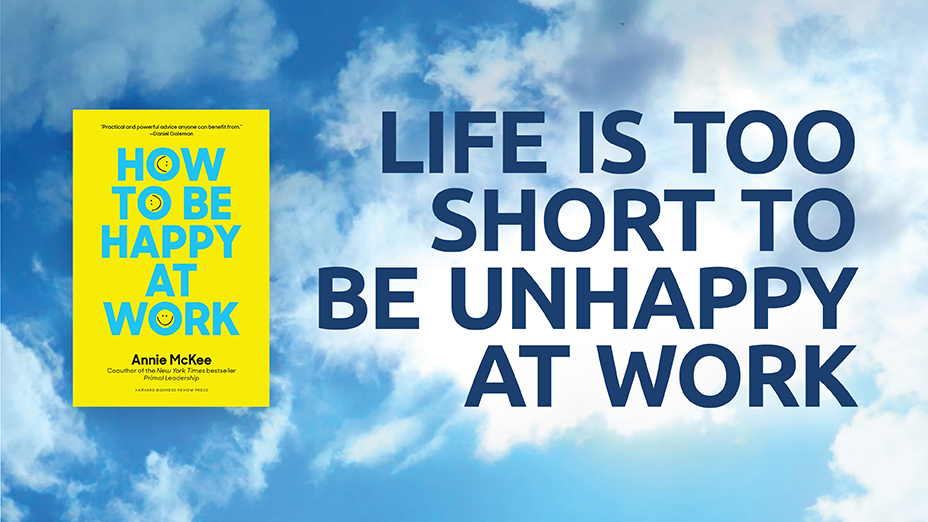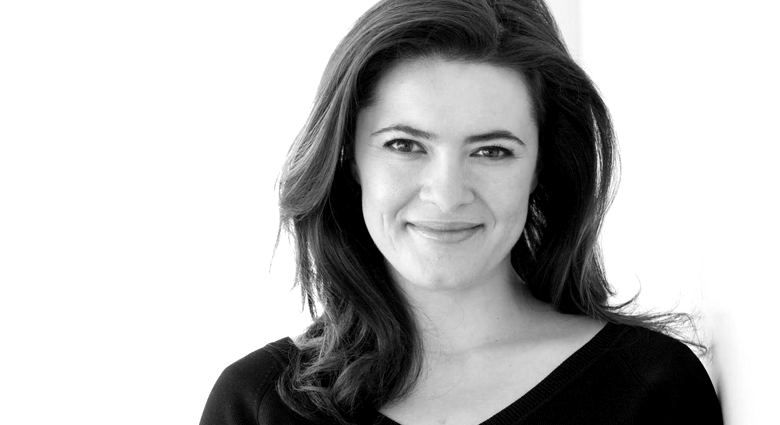Most of us walk through life thinking that feedback gives us information about ourselves— our abilities, strengths, and weaknesses, our performance. I invite you to consider a radical, new idea: Feedback doesn’t tell you anything about you; it tells you only about the person giving the feedback.
"Most of us walk through life thinking that feedback gives us information about ourselves..."
If you show your paintings to three successful artists in your community, and none of them like your work much, does that give you any facts about the quality of your artwork? No— it only gives you facts about what those three people like or don’t like. What if a million people don’t like your paintings? Surely that tells you that you aren’t a “good artist,” right? I’d argue it doesn’t. Rather it tells you something about what contemporary viewers dislike.
If you pitch your business idea to a potential investor and that investor isn’t interested, that tells you something about what gets her attention and what doesn’t. It does not actually tell you anything about your merit as an entrepreneur or the quality of your idea. If your relatives think you’re an irresponsible mom, that doesn’t tell you about your mothering. It tells you something about what they see as responsible parenting.
Feedback gives us facts about the opinions and preferences of those giving the feedback. It can’t tell you about your merit or worthiness. When we understand this, we’re free; we’re free to seek, gather, and incorporate feedback.
Because here’s the thing: Feedback is wildly important. Stay with me for part two of the idea here, because part two is very important: Feedback shouldn’t be dismissed because it doesn’t tell you anything about you. Feedback is vital not because it tells us about our own value but because it tells us whether we are reaching the people we need to reach.
If an entrepreneur wants her pitch to be effective with venture investors, she needs to hear their feedback in order to learn what inspires them to invest. If an aspiring memoirist wants her work to be read widely, she needs to hear feedback from her intended audience. If a teacher wants her students to learn a lot and enjoy her class, she needs to know— from their feedback— whether that’s happening.
"Now I see criticism as a source of information, somewhat akin to a news article or opinion editorial."
When you look at feedback this way, you can approach it with a kind of exquisite calm and centeredness because you know it’s just useful data, nothing more. Feedback is not meant to give you self-esteem boosts or wounds. That’s not its place. It is meant to give you tactical information about how to reach the people you want to reach. Feedback is emotionally neutral information that tells you what resonates for your desired audience, what engages the people you want to engage, what influences the people you want to influence.
When I write a blog post, and no one comments on it, shares it on social media, or writes to me about it, I could conclude that I wrote a “bad post” and start listening to inner critic tapes that I’m not good at what I do. That would be the old paradigm: thinking the feedback tells me about me. In the new paradigm, I can see that the feedback tells me about my readers— about what makes a post compelling for them. The first line of thinking sends me into an unhelpful, self- obsessive, negative spiral. The second helps me rapidly improve my craft.
Think of Rachel, the photographer I talked about at the beginning of the chapter, who felt so traumatized by the rough criticism she’d received on her work in grad school. What if she were able to reframe her professors’ harsh criticisms not as definitive statements of her work’s merit but rather as reflections of the preferences of the school’s faculty at the time? She might have quickly realized that elite academia was not where her photography was going to find its most enthusiastic viewers, but that women consumers might respond very differently. It would have been much easier for Rachel to keep taking pictures, doing what she loved to do and what she was quite talented at.
As Meeta Kaur, a writer, speaker, and the creator of a collection of Sikh American women’s writings, puts it, “Now I see criticism as a source of information, somewhat akin to a news article or opinion editorial. Shifting to it being a source of information takes the sting out of it, takes the personal side out of it, and makes it useful and eye-opening.”





.png)


.jpg)

What Did You Think?